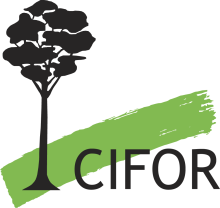Resource information
Investment in policy oriented research is rising despite uncertainties about the degree to which it has actually contributed to benefits for the poor and the environment thus far. To address these uncertainties, this Impact Assessment Paper explores a case example of the contribution of policy oriented research to improved environmental benefits. The subject of the assessment is political economy research that revealed how perverse incentives led to the clearance of large areas of natural forests for feeding massive Indonesian pulp mills. A semistructured interview approach is used to trace connections between the research, immediate users and actors ‘on the ground’, which enables the establishment of causality. Triangulation through document review helps validate these causal theories, and trend series statistical tests further reinforce the concurrence of identified changes with the availability of CIFOR’s findings. Counterfactual scenarios are established to draw these findings together into explicit postulates about what would have occurred without the research, upon which empirical quantitative analysis of resultant changes is performed. An economic surplus framework is developed to value the nonmarket benefits of averted natural forest clearance attributable to CIFOR’s research. These benefits, which principally result from reduced carbon emissions, are determined to range from $19 million to $583 million, depending on assumptions used, with a main estimate of $133 million (discounted US dollars). In the context of less than half a million dollars of direct research costs, this represents an exceptional return on investment.



